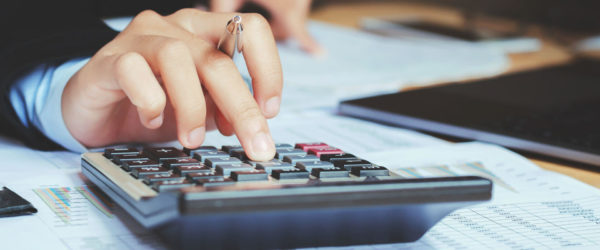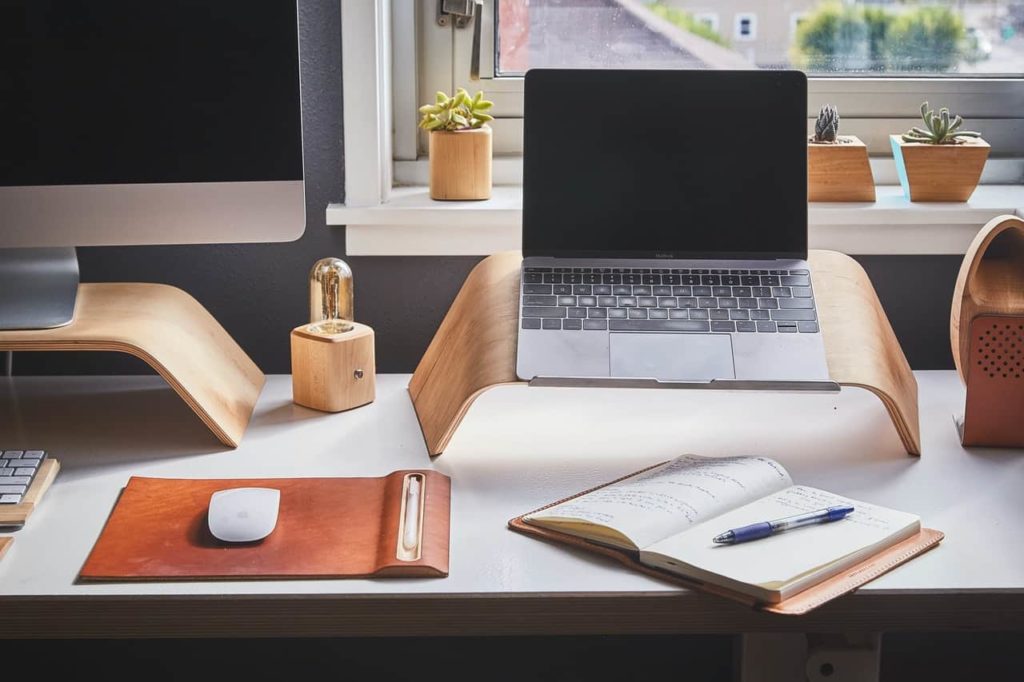Most small business owners in Canada know the standard deductions that maximize their business income. These well-known business expenses like travel costs and insurance premiums are pretty standard. But when these small businesses are run out of a residential property, the owner becomes eligible for more types of income tax deductions! Anyone operating a home business can deduct reasonable, current expenses related to their residence on their tax returns.
From property taxes to the interest on your mortgage, small business owners can overlook many deductible expenses related to home office spaces they use for business purposes. The Canada Revenue Agency has some fairly strict conditions to determine whether a home business qualifies tax deductions called “business-use-of-home” expenses. See if the small business you operate out of your home can use them to your advantage at tax time!
Who Can Claim Business-Use-Of-Home Tax Deductions?
Your home business qualifies for tax deductions because it’s your principal place of business; as such, a percentage of the money you spend to keep it up counts as business expenses. For a home office to qualify, the business owner must use the office space to earn an income, meet with clients, customers, or patients, and other standard parts of doing business. You can’t claim these expenses as tax deductions if you also conduct business elsewhere; if your business is part-time, this cuts down on the amount you can expense, too.
If you do business where you live and meet the CRA requirements, the expenses you claim will be a percentage of your home expenses. Here’s how you can calculate these business-use-of-home expenses.
How To Calculate Home Business Tax Deductions
If you own the home, you can claim a part of your property taxes, mortgage interest, and house insurance (not the mortgage payments themselves, however). If you rent the space, you can claim a portion of your rent. But the home expenses aren’t just what you pay to live there; they are also your utilities, telephone, cleaning materials, and other office expenses. It also includes any GST and HST on these expenses, minus the amount of any input tax credits.
Let’s say you have a 2,200 square-foot home, with an office that’s 10 x 10 feet. To calculate the admissible amount of business-use-of-home expenses, you would divide 100 by 2,200. This would give you 4.5%, and the personal use portion would be the remaining 94.5%.
Next, apply this percentage to your total allowable expenses. You can deduct a portion of all your house expenses that directly relate to operating your business. If you add up the allowable expenses and it’s $23,000, multiply this by 94.5% to get $21,735.
$23,000 minus $21,735 equals a deduction of $1,265. If you supply the right documentation to your accountant, they can add up your expenses and calculate the business-use-of-home tax deductions on your tax return for you.
How To Calculate Tax Deductions For A Part-Time Home Business
If your home business is part-time, and you use the space for personal activities on top of work, you have to change the percentage of office expenses you claim. For example, if you operate a copywriting business out of your 10 x 10 home office in the 2,200 square-foot home five days a week, but use the office for personal activities the rest of the time, you would figure out how many  hours a day you use the office for business purposes.
hours a day you use the office for business purposes.
Let’s say you use it for a standard 9 a.m. to 5 p.m. workday, with an hour off for lunch. That’s 35 hours a week out of a potential 168 hours. Divide 35 by 168, then multiply it by $1,265 to get a tax deduction of $263.54.
Even if it’s not a lot, all business tax deductions count! As a home business owner, you should know what business-use-of-home expenses can be deducted from your income tax. Talk to the experts at Trillium Bookkeeping and Accounting to see what deductions apply to you and what you can claim on your tax return!

